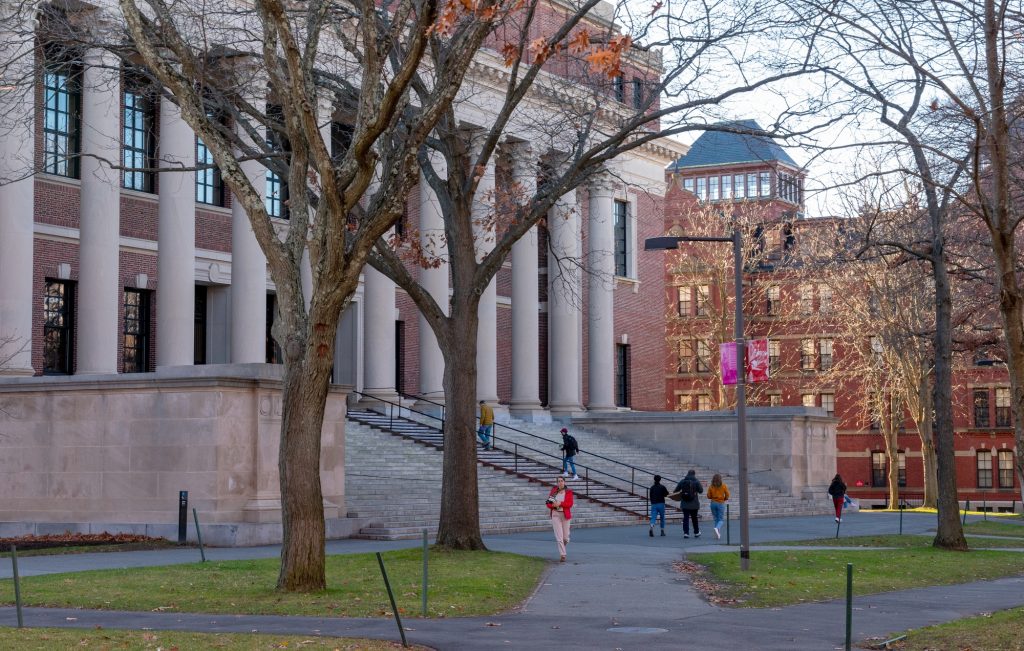
The recent uproar at Harvard University stems from concerns that the liberal dominance within academia has intensified, potentially stifling diverse perspectives and impeding academic freedom. This issue, echoing John Stuart Mill’s arguments in “On Liberty,” underscores the importance of embracing a wide range of viewpoints to foster intellectual growth and discovery.
Threats to Academic Freedom
Critics argue that the lack of ideological diversity poses a significant threat to the fundamental mission of universities—to facilitate robust intellectual inquiry and knowledge expansion. The pushback against perceived “wokeness” has become a cornerstone of conservative politics in the United States, leading to the introduction of educational restrictions aimed at topics such as race, gender, history, and LGBTQ+ issues.
Want to know if you’re earning what you deserve? Find out with LawCrossing’s salary surveys.
PEN America and the Foundation for Individual Rights in Education have documented numerous attempts by state legislatures to limit the discussion of certain subjects in classrooms. Moreover, similar trends are observed globally, with authoritarian regimes in Europe, notably Hungary and Poland, seeking to curtail academic freedom.
Assessing Viewpoint Diversity Trends
While it’s widely assumed that viewpoint diversity has deteriorated over time in academia, empirical evidence supporting this claim remains debated. Historical surveys, like Paul F. Lazarsfeld’s “The Academic Mind,” have shown a tendency among scholars to lean towards liberal or left-wing values. However, this doesn’t inherently suggest suppression of dissenting opinions.
Recent studies, such as a 2023 survey conducted in collaboration with The World of Political Science, shed light on the ideological shifts among political scientists. The data reveals a generational gap, with younger cohorts exhibiting more liberal-left values. However, this doesn’t necessarily equate to intolerance towards free speech.
Nuanced Insights from Data
Analyzing attitudes towards politically correct speech among scholars offers nuanced insights. While younger cohorts may express greater support for speech restrictions to avoid offense, they also exhibit a strong endorsement of academic freedom principles. They believe in challenging conventional beliefs, respecting extremist views within university policies, and engaging in debates on unpopular topics like identity politics.
This nuanced perspective challenges simplistic narratives about viewpoint diversity on campuses. While younger faculty members may lean towards liberal values and prioritize civility in speech, they also champion the principles of academic freedom and robust discourse.
Conclusion: Embracing Complexity
In conclusion, the discourse surrounding viewpoint diversity requires a nuanced understanding. While shifts towards liberal values among younger academics are evident, they coexist with a commitment to academic freedom and free speech. Rather than viewing younger scholars as adversaries of open dialogue, their embrace of diverse perspectives aligns with the principles advocated by thinkers like John Stuart Mill.
Don’t be a silent ninja! Let us know your thoughts in the comment section below.








































